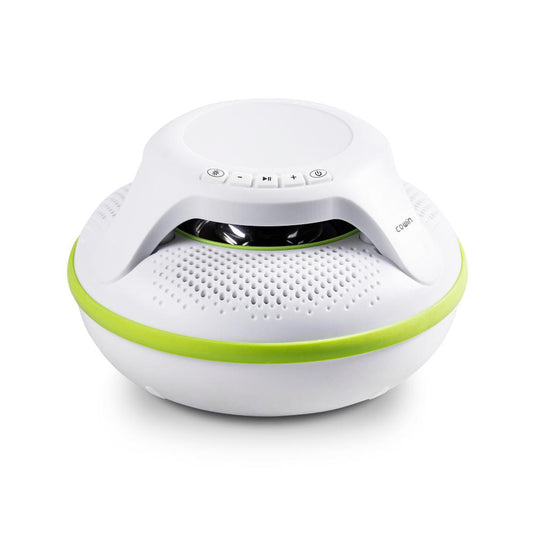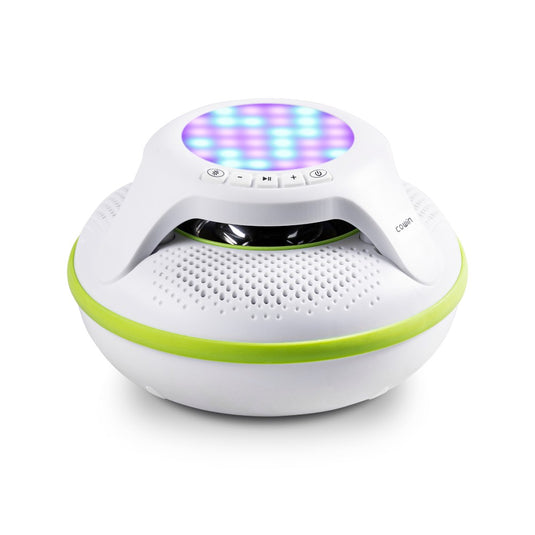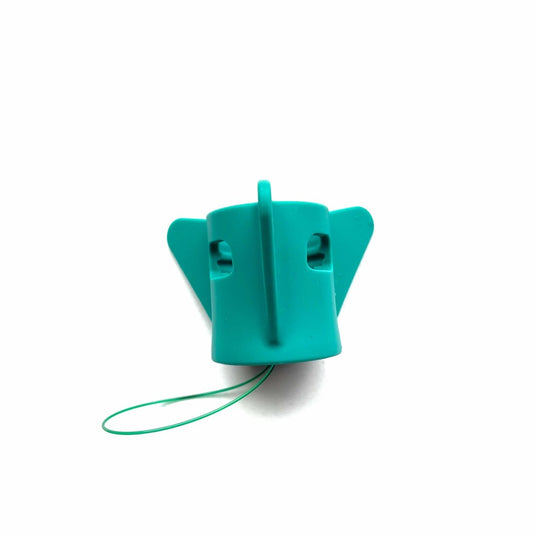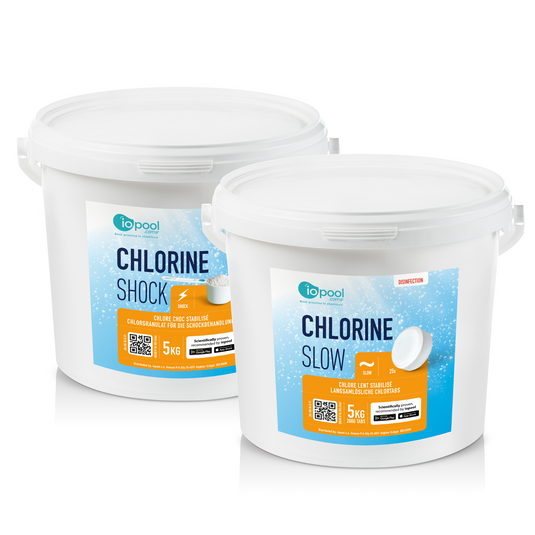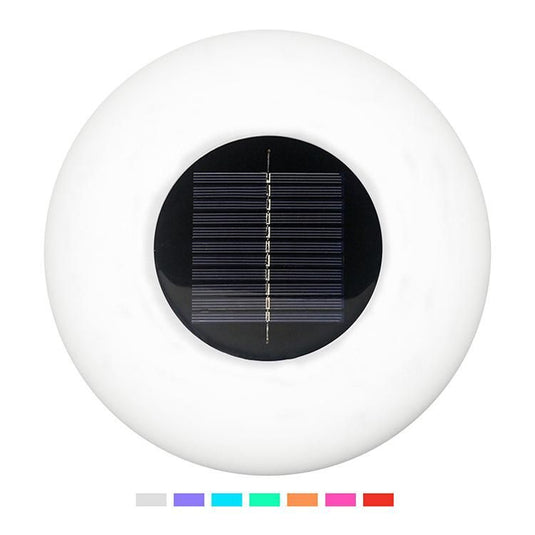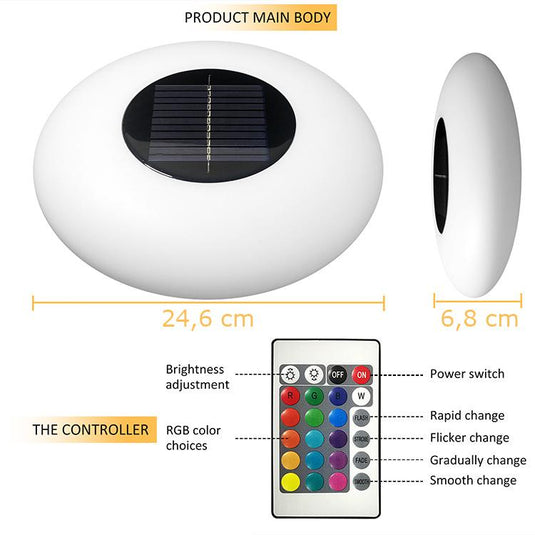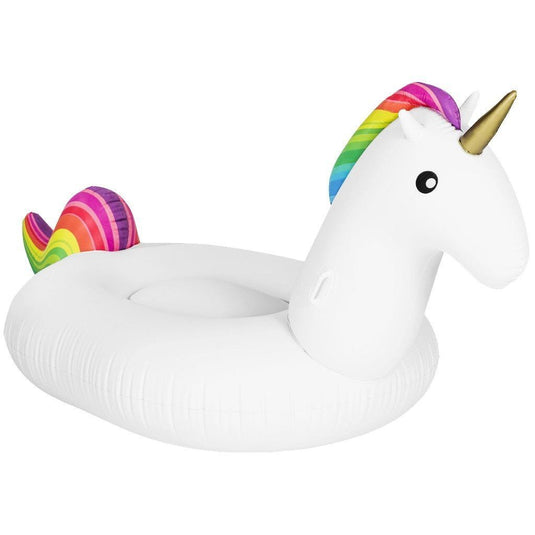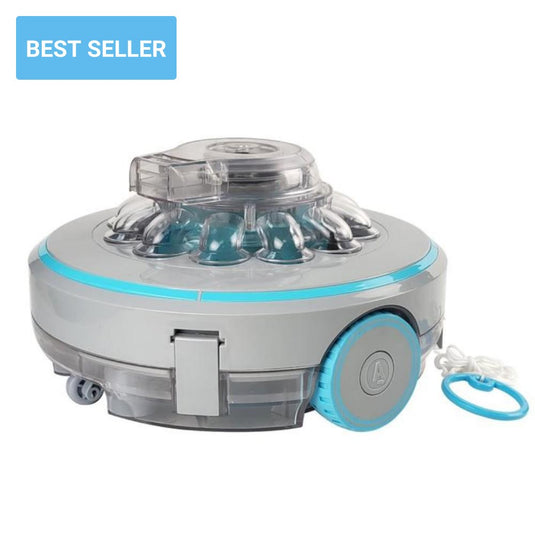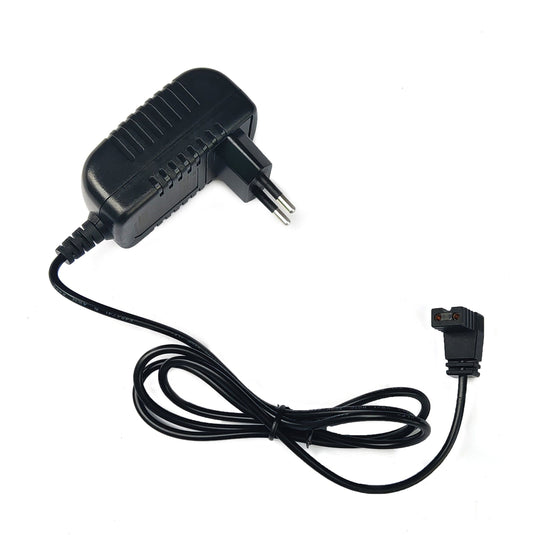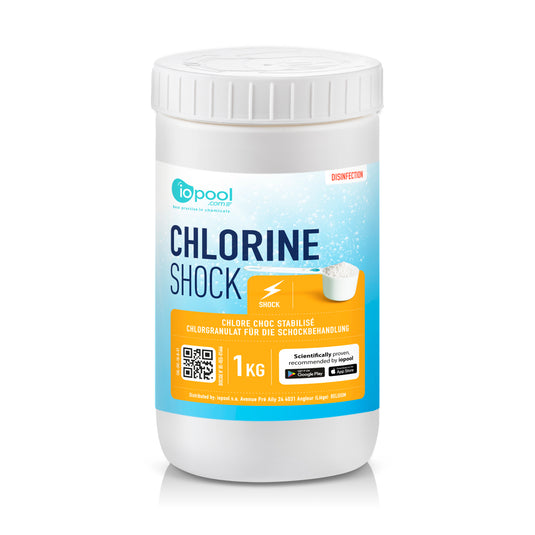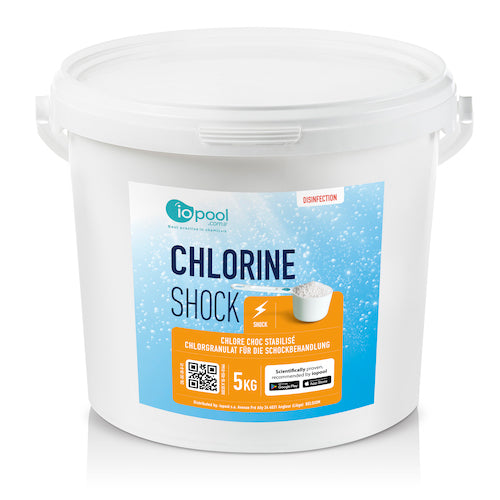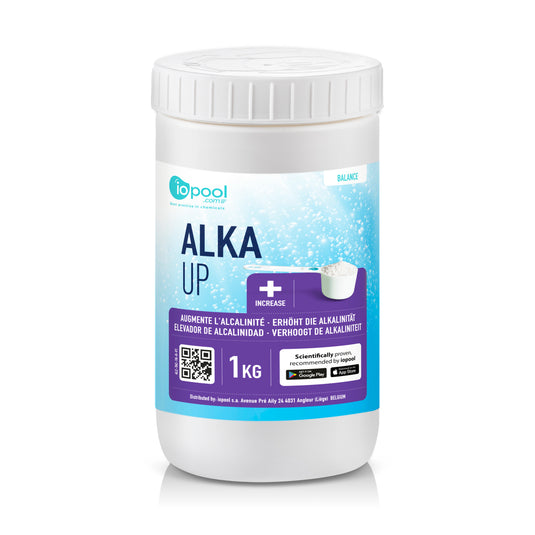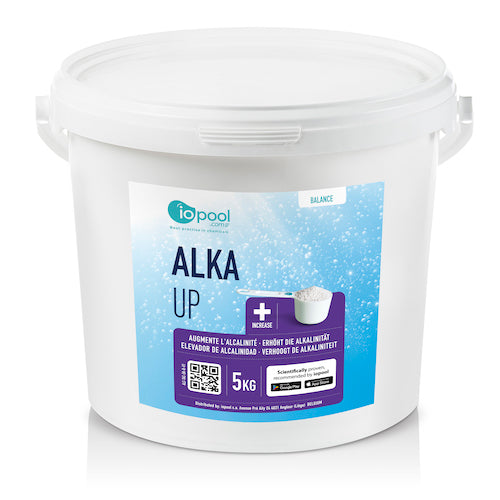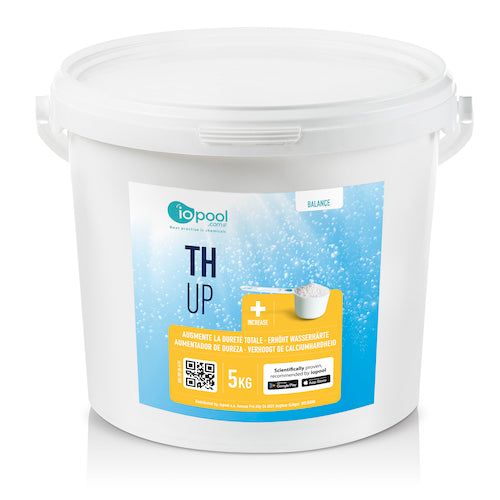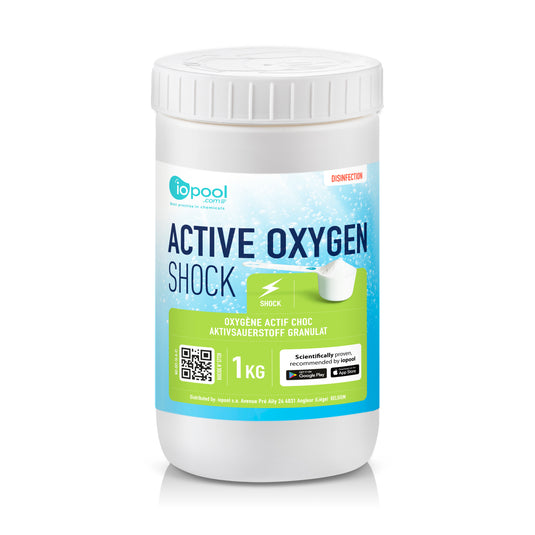Do UV rays and swimming pools mix?

UV rays are naturally present and emanate from the sun. So a pool is bound to be exposed to it when it's not enclosed. Let's take a closer look at how UV affects our pools and how we can protect ourselves from the negative effects.
Definition
Ultraviolet (UV) rays come from the sun. The sun emits a wide range of electromagnetic radiation, including UV. UV rays are invisible to the human eye because their wavelength is shorter than that of visible light.
There are three main types of UV, classified according to their wavelength:
- UVA rays (from 320 to 400 nanometers)
- UVB rays (280 to 320 nanometers)
- UVC rays (100 to 280 nanometers): UVC rays have the shortest wavelength and are generally filtered by the earth's atmosphere, so they don't reach us from the sun. They are often used for sterilization purposes, as they can destroy pathogenic organisms.
UV rays are more intense, and therefore more dangerous, in the middle of the day (between 11 and 4 p.m.). Most clouds allow UV to pass through! ⚠️
Their effects
The sun's ultraviolet (UV) rays can affect swimming pools in a number of ways:
- Chlorine degradation: UV rays can rapidly degrade the chlorine present in pool water. Free chlorine turns into ineffective combined chlorine, reducing chlorine's disinfectant effectiveness. This means that chlorine must be added regularly to maintain adequate disinfection levels.
- Chloramine formation: When chlorine reacts with organic contaminants in the water, such as lotions, cosmetics, perspiration and swimmer's urine, it can lead to the formation of chloramines. Chloramines are chemical compounds responsible for the characteristic chlorine odor of poorly maintained pools.
- Damage to materials: UV rays can also cause damage to materials used in swimming pools, such as PVC liners, resin coatings, plastic equipment and so on. Prolonged exposure to UV light can lead to discoloration, degradation and embrittlement of these materials, reducing their lifespan.
How to protect your pool
To protect your pool from the harmful effects of UV rays, here are some steps you can take:
- Use a pool cover: A pool cover can provide effective UV protection by limiting the water's exposure to direct sunlight. Sun covers or opaque winter covers can help reduce the degrading effects of UV on chlorine and prevent the formation of chloramines. Plus, they can also help retain water heat and reduce evaporation.
- Use stabilized chlorine: Choose to use stabilized chlorine that contains a chemical stabilizer such as cyanuric acid. The stabilizer forms a protective barrier around the chlorine, reducing its degradation due to UV. Be sure to follow the manufacturer's recommendations for proper stabilizer levels.
- Monitor chlorine levels and adjust them regularly: UV rays can quickly break down chlorine in pool water. Therefore, it is important to regularly monitor the free chlorine levels in the water and adjust them accordingly to maintain effective disinfection.
- Chemically balance pool water: Maintaining proper water chemistry balance, including pH, alkalinity, and hardness, can help prevent problems with disinfection and chloramine formation. Balanced levels promote better chlorine effectiveness in fighting bacteria and contaminants.
Iopool might be handy!
- Protect Pool Materials: Some pool materials can be sensitive to UV rays, which can cause them to discolor, degrade, or become brittle. Be sure to use UV-resistant materials for the construction of the pool and use specific maintenance products to protect surfaces exposed to the sun's rays.
- Control chemical exposure: Avoid exposing pool water treatment chemicals, such as granular chlorine or powdered chemicals, to direct sunlight for long periods of time. Store them in a cool, dark place to prevent premature degradation.
What about UV disinfection?
UV and swimming pools can be complementary! 👍
In UV disinfection, water is exposed to UV rays. Swimming pool disinfection systems use special UV lamps that emit ultraviolet light of a specific wavelength. The water is exposed to this light for a specific period.
Microorganisms are destroyed: UV rays interfere with the DNA of microorganisms present in the water, disrupting their structure and their ability to reproduce.
UV disinfection is often used in combination with other water treatment methods, such as the use of chemicals (such as chlorine) or mechanical filtration, to achieve complete and effective disinfection.
More information on UV disinfection, here!
To conclude...
By applying these measures, you can help protect your pool from the degrading effects of UV rays, maintain effective disinfection and extend the life of your pool equipment.

